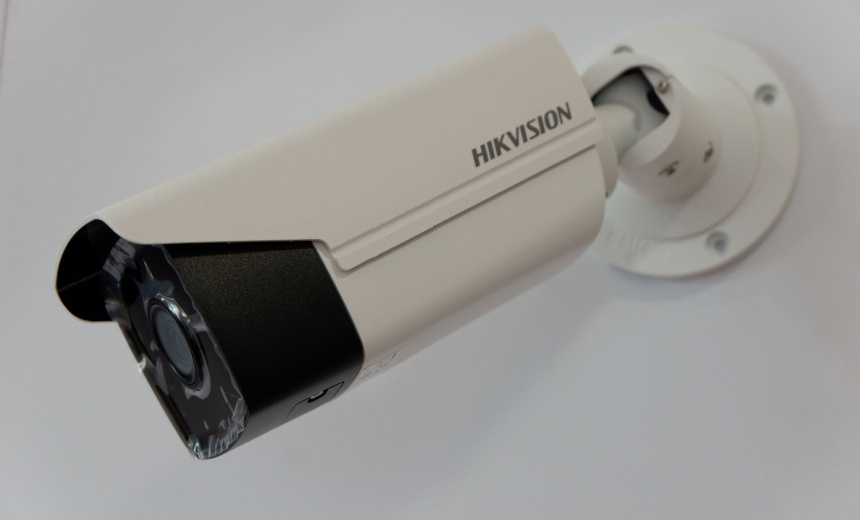Cyberwarfare / Nation-State Attacks,
Endpoint Security,
Fraud Management & Cybercrime
Hikvision Faces Ban in Canada Due to National Security Concerns

The Canadian government has mandated the closure of operations for Hikvision, a prominent Chinese video surveillance manufacturer, citing substantial national security concerns. This decision underscores ongoing scrutiny and restrictions imposed by Western nations on equipment produced by the state-controlled Hangzhou Hikvision Digital Technology.
In announcing the ban, Industry Minister Mélanie Joly indicated that it stemmed from a comprehensive review carried out by Canada’s security and intelligence agencies. The order prohibits Hikvision from engaging in any business activities within Canada and restricts government agencies from procuring its products. Additionally, all existing Hikvision equipment used in government facilities is currently under assessment for removal.
Hikvision has publicly condemned the ban, alleging that the Canadian authorities failed to evaluate its technology on its merits regarding cybersecurity and accused them of bias against China. The company, which generated approximately $13 billion in revenue in 2024, is already on multiple U.S. government blacklists, limiting its operations in North America.
This move aligns with similar actions taken by other countries, including the United Kingdom, which halted procurement of technology from companies bound by China’s National Intelligence Law in 2022. Furthermore, Australia’s Department of Defense implemented bans on Hikvision and Dahua cameras in 2023, reflecting a global trend of heightened scrutiny regarding Chinese technology firms.
The ban might suggest the application of tactics from the MITRE ATT&CK framework, such as initial access through compromised supply chains or exploitation of inadequate security protocols in imported technology. Adversaries may focus on executing persistence by maintaining footholds within foreign critical infrastructure sectors, which could be achieved through the utilization of surveillance equipment potentially designed to facilitate espionage.
In light of international pressures, Hikvision stated in late 2024 its decision to terminate contracts with local governments in Xinjiang, illustrating its attempts to navigate global scrutiny. In response to the Canadian ban, the company asserted its compliance with Canadian law and its willingness to cooperate with all relevant government entities.
Hikvision had recently achieved a minor legal victory against the Federal Communications Commission (FCC) regarding the use of its surveillance equipment in the U.S., where it challenges the breadth of the ban affecting its operations. The federal appeals court acknowledged the restrictive nature of the FCC’s order but maintained the authority to regulate such equipment on national security grounds.
